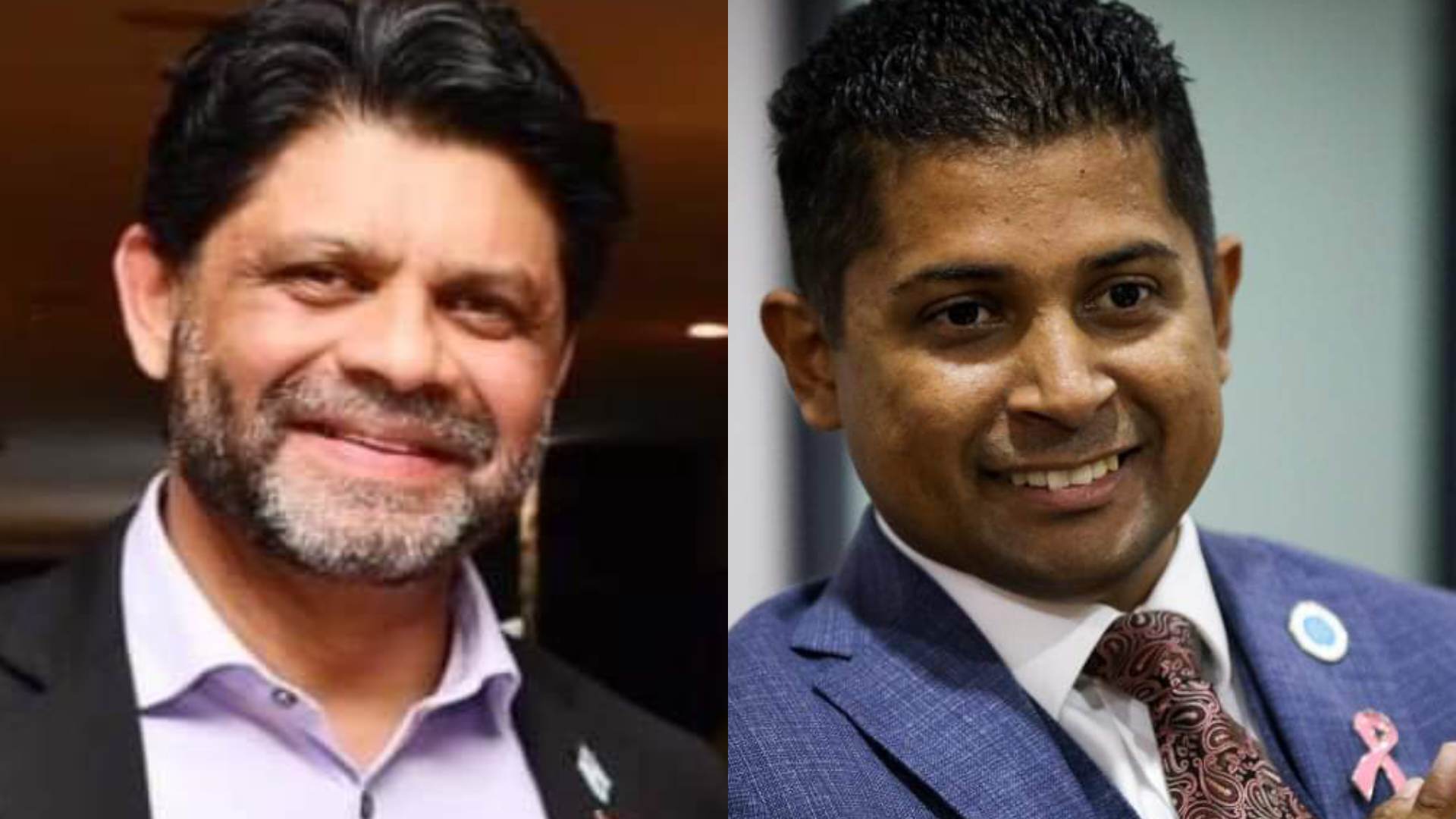The High Court has ruled in favour of parts of an appeal by former supervisor of elections Mohammed Saneem and former attorney-general Aiyaz Sayed-Khaiyum over decisions made in their criminal cases.
Mr Saneem faces a charge of receiving a corrupt benefit, while Mr Sayed-Khaiyum is charged with abuse of office. The prosecution sought to merge their cases, but both opposed this.
The High Court made several key decisions:
The appeal on the first and third grounds was allowed because Magistrate Yogesh Prasad lacked jurisdiction. The earlier ruling on these grounds by the lower court was overturned.
The appeal on the second ground was also allowed, and the ruling on this by the lower court was set aside.
The magistrate was directed to refer the issue of possible constitutional rights breaches to the High Court under the second ground, but only if it was deemed a serious matter and not a waste of court time.
The request to merge the charges against Mr Saneem and Mr Sayed-Khaiyum on the fourth ground was denied under the Criminal Procedure Act.
On the first ground, the defence challenged the police investigation, arguing that the offences fell under the Electoral Act and should have been handled by FICAC.
On the second ground, the defence raised concerns under Section 290 of the Criminal Procedure Act, claiming violations of the accused’s human rights leading up to the investigation, including the charges laid and the refusal of bail without explanation.
On the third ground, the defence questioned the legitimacy of charges sanctioned by former acting Director of Public Prosecutions, John Rabuku. They argued that a Supreme Court ruling found Mr Rabuku ineligible for the position due to a prior conviction under the Legal Practitioners Act for failing to address a matter with the Chief Registrar.
On the fourth ground, the defence objected to the consolidation of charges. The magistrate had dismissed the first ground, ruling that the issue would be decided at the end of the trial, not at the pre-trial stage.
The second ground was dismissed because it did not affect the admissibility of the caution interview and was therefore deemed irrelevant.
Regarding the third ground, the magistrate said the Supreme Court’s opinion didn’t affect Mr Rabuku’s earlier decision, confirming that the charges he approved were valid.
As for the consolidation of charges, the magistrate had ruled in favour of their consolidation.
Mr Saneem and Mr Sayed-Khaiyum filed an appeal against Mr Prasad’s ruling, citing 16 grounds their dissatisfaction.
Mr Saneem raised concerns about the alleged breaches of his rights under Section 13 of the Constitution, seeking a declaration that his constitutional rights were violated.
He also challenged the validity of the charges, arguing he should have been charged under the Electoral Act rather than the Crimes Act, questioning the prosecution’s jurisdiction to bring the case under the latter.
He also contested the legality of the charge, claiming that Mr Rabuku, acted maliciously in sanctioning it.
The appeal regarding the alleged breach of constitutional rights during Mr Saneem’s detention centres on whether the matter should be referred to the High Court.
Initially, the defence argued that the Magistrate’s Court should handle the issue but later requested a referral to the High Court under Section 44(5) of the Constitution.
The magistrate was required to refer the case unless the raised question was deemed frivolous or vexatious (meaning the claim lacks serious legal grounds, and causing unnecessary trouble, rather than seeking a legitimate resolution).
Regarding the jurisdiction of the Magistrate’s Court, High Court Judge Thushara Rajasinghe ruled there was no provision allowing the court to stay proceedings while awaiting the High Court’s decision on the referral. As such, the magistrate must continue with the substantive matter unless a superior court orders otherwise.
The appeal also addressed the legality of charging Mr Saneem under the Crimes Act instead of the Electoral Act, as well as Mr Rabuku’s alleged misconduct.
According to the ruling, the High Court holds jurisdiction over these matters, and the magistrate erred in proceeding with them. As a result, the appeal calls for the dismissal of these grounds for lack of jurisdiction.
On the continuation of the charge filed in the Magistrate’s Court, Mr Saneem can invoke the civil jurisdiction of the High Court to review the correctness of, legality and motives behind the decision made by Mr Rabuku.
However, Mr Prasad is not restricted from continuing the proceedings based on the charges filed, unless the High Court – upon an application by Saneem – directs Mr Prasad otherwise.



